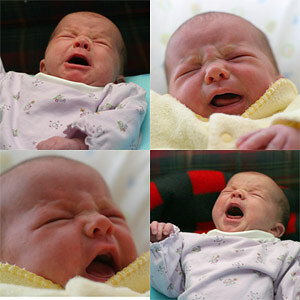- Joined
- Jun 9, 2013
- Messages
- 20,580
- Reaction score
- 12,709
- Website
- moderndinosaur.wordpress.com
- Can others edit my Photos
- Photos NOT OK to edit
Artist's Magazine here.What smut magazines? The most recent subscription I had was to The Hockey News. (Which reminds me I gotta renew that.)
New Yorker. And I steal Buzz's Economist when he's done with them so I don't have to pay for my own













